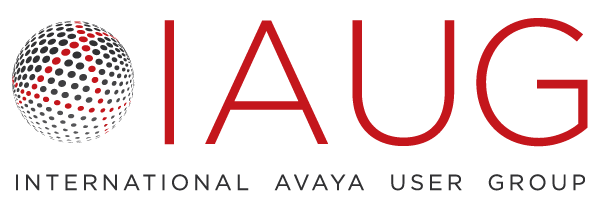IAUG board member Adriane Davis understands the impact a mentor can have on one’s life. “There are many professionals who have encouraged me along with way,” she said. “In turn, I have been a mentor for several young women with Big Brothers/Big Sisters and church organizations.”
As an IT professional, there are many benefits to serving as a mentor. You can help a less experienced colleague learn about different aspects of the fast-moving technology field and cultivate the skills needed for a long and successful career. It’s also a great way to say in touch with the values and goals of younger professionals, as well as their favorite devices, applications and solutions!
For mentees, the right professional mentor can open the doors to opportunities that could lead to a new position, a shift in career direction or a better work-life balance. “Finding a good mentor, I believe, is all about connecting with someone who has already reached the level of success or achievement for which you are striving,” said Davis.
Here are other tips for choosing a good mentor:
• Goals. You should think about your personal and professional goals before reaching out to a potential mentor. Do you want to move up to a senior-level IT position? If so, you may want a mentor who can help you connect with the business units in your organization or translate “techie” features into financial results.
• Knowledge. First and foremost, this person should have a strong working knowledge and expertise in your field, Davis said. For instance, if your goal is to become a leader on the development team, you should look to your current managers as potential mentors.
• Attitude. A potential mentor should be willing to share his or her knowledge with you. That means looking for “people person,” such as a team leader or manager, rather than someone focused solely on the technical details.
• Soft skills. One of the many benefits a mentor can provide is helping you cultivate your soft skills, such as making presentations, becoming an active listener or communicating clearly and effectively with others. Regardless of your technology background, these skills can help you advance in your career.
• Feedback. Be honest with yourself about the type of feedback you want from your mentor. You might want a pat on the back for your latest accomplishment, but a good mentor can also help you learn from your mistakes, so you won’t do the same thing again.
• Balance. “It’s important to find some common ground which makes the relationship beneficial for both you and your mentor,” said Davis. “No one wants to be in a one-sided relationship where they are giving and not receiving any value themselves.”
• Availability. How much time do you want to spend with your mentor? Would you prefer a few minutes each day, an hourly conversation every week or some other arrangement? Be realistic about the availability of your prospective mentor, as well, since both of you already have a long list of existing commitments.
• In person or virtual? Prior to COVID-19, most mentoring was done in person by someone within your own organization. With the widespread use of video tools like Avaya Spaces, Microsoft Teams and Zoom, you can choose a mentor almost anywhere the world. As a member of IAUG, you have access to a powerful global network of IT professionals, making it easy to connect with potential mentors.
“Look to those professionals who are in your immediate circles and beyond as well,” Davis said. “You could be passing by an opportunity to connect with a good mentor every day. The path traveled may be very different, but make sure the destination is the same or greater!”
